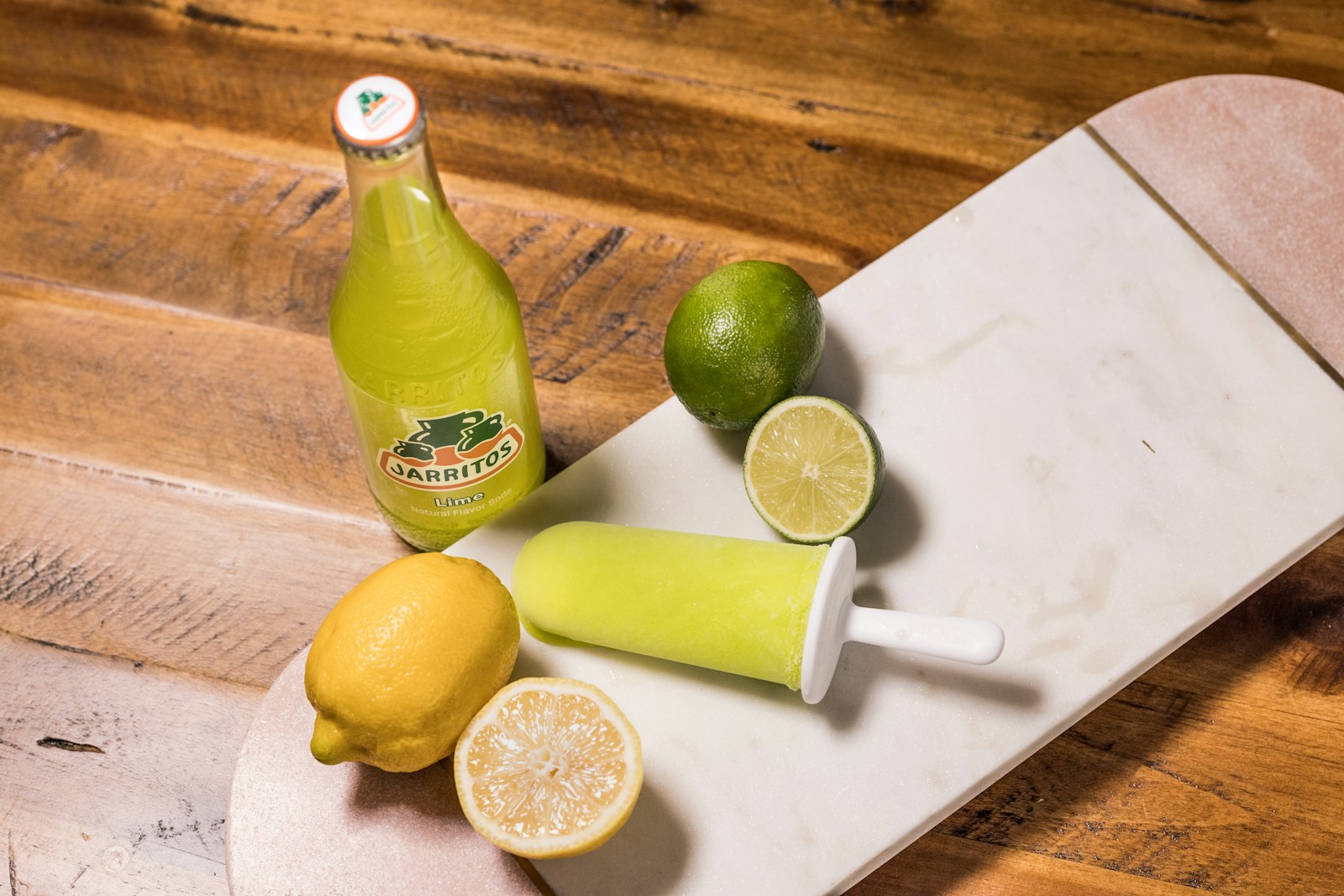
hacer un sol radiante

to have bright sunshine
The Spanish phrase 'hacer un sol radiante' translates to 'to have bright sunshine' in English. This is often used to describe a day with clear, sunny weather where the sun is shining brightly. It's important to note that weather phrases in Spanish are typically made in an impersonal form, hence the phrase includes the verb 'hacer' which literally means 'to do' or 'to make'. In this context, it's more appropriately translated as 'there is' or 'to have'. Therefore, 'hacer un sol radiante' can be understood as 'there is a radiant sun' or 'to have bright sunshine'.
Example sentences using: hacer un sol radiante
Hoy va a hacer un sol radiante, es el momento perfecto para ir a la playa.

Today it's going to be radiant sunshine, it's the perfect time to go to the beach.
This sentence uses 'hacer un sol radiante' to describe a sunny and clear weather. It suggests that the speaker thinks it's a suitable time for a beach visit.
Hacer un sol radiante no significa que no puedas quemarte.

Radiant sunshine does not mean you can't get sunburnt.
The sentence points out the fact that even under the conditions of clear and sunny weather (hacer un sol radiante), there is still a possibility of getting sunburned.
¿Podremos hacer un picnic si va a hacer un sol radiante?

Can we have a picnic if it's going to be radiant sunshine?
In this instance, the speaker is trying to determine if the weather condition 'hacer un sol radiante' will be suitable for a picnic.
Hacer un sol radiante es lo que necesitamos para el partido de fútbol.

Radiant sunshine is what we need for the football match.
This example uses 'hacer un sol radiante' to express the idea that clear, sunny weather would be ideal for a football match.
Aunque vaya a hacer un sol radiante, no olvides traer tu sombrero.

Even though it's going to be radiant sunshine, don't forget to bring your hat.
In this sentence, the speaker reminds another person to bring a hat for protection, despite the clear and sunny weather 'hacer un sol radiante'.
Si va a hacer un sol radiante, será mejor que uses bloqueador solar.

If it's going to be radiant sunshine, it would be better if you use sunscreen.
The example warns about the potential risks of sun exposure during 'hacer un sol radiante' and recommends the usage of sunscreen.
Es fácil obtener buenas fotos cuando va a hacer un sol radiante.

It's easy to get good photos when it's going to be radiant sunshine.
This sentence conveys the idea that taking good photos is easier under the 'hacer un sol radiante' weather condition.
Hacer un sol radiante es perfecto para secar la ropa al aire libre.

Radiant sunshine is perfect for air-drying clothes.
In this example, 'hacer un sol radiante' weather is perceived as an ideal condition for drying clothes outdoors.
Va a hacer un sol radiante en el desfile de mañana.

There's going to be radiant sunshine at tomorrow's parade.
The sentence uses 'hacer un sol radiante' to inform about the clear and sunny weather expected during tomorrow's parade.
Nos vamos a divertir más en la excursión si va a hacer un sol radiante.

We're going to have more fun on the trip if it's going to be radiant sunshine.
In this context, 'hacer un sol radiante' is put forward as a preferred weather condition, implying it would enhance the enjoyment of the trip.